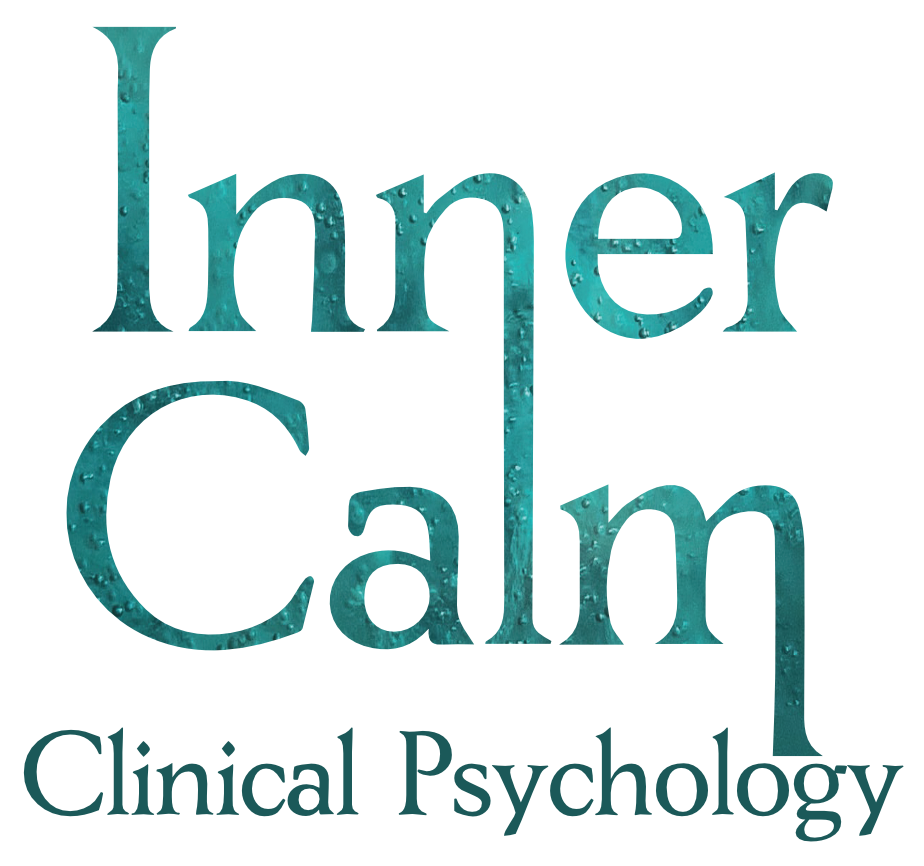By Sam Hillview-Close*
You can be surrounded by people and still feel lonely.
You can laugh at the right times, keep up your end of the conversation, and still go home with that familiar ache - the one that whispers, “You don’t quite belong anywhere.”
We talk about loneliness like it’s a passing mood, something you shake off with a night out or a few texts. But loneliness, real loneliness, has teeth. It gets into your mental health, your sense of self, even your body. And now, we’ve got the data to prove it.
The Study That Says It All
In a 2025 study published in PLOS ONE, researchers examined the experiences of more than 4,500 adults, focusing on the link between loneliness and mental health. Their findings were stark. Loneliness was significantly associated with diagnosed depression, increased days of poor mental health, and lower overall well-being - even after accounting for age, income, and physical health.
In other words, loneliness doesn’t just feel bad. It’s strongly linked to diagnosable mental health conditions, and it lingers, even when life looks fine on paper.
Who’s Most at Risk?
We tend to imagine loneliness as something that mostly affects older people, but the data paints a more complex picture.
The PLOS ONE study found that certain groups were significantly more likely to experience high levels of loneliness:
- Young adults (18–29 years) - Despite being the most digitally connected, this age group reported some of the highest rates of loneliness. Constant comparison, unstable life transitions, and social media overload may play a role.
- People living alone - Unsurprisingly, those without cohabitants or close in-person connections were more likely to report feeling lonely, especially if they lacked access to regular social interaction.
- Those with low income or unemployment - Financial stress and social exclusion go hand in hand, increasing isolation and decreasing access to social opportunities.
- People with chronic health conditions or disabilities - Physical limitations can make socialising harder, while stigma or lack of accessibility can deepen emotional distance.
- Marginalised or minoritised groups - The study noted that individuals identifying as LGBTQIA+, and those from racially marginalised communities, often reported higher loneliness, linked to experiences of discrimination, exclusion, or identity-related stress.
Loneliness isn’t about being alone - it’s about feeling disconnected. And for many, that disconnection is shaped by more than just personality or social habits. It’s shaped by circumstance, identity, and inequality.
What Loneliness Really Does to You
According to the study, people who reported higher levels of loneliness were:
- More likely to have clinical depression
- More likely to experience frequent psychological distress
- Less likely to report good overall health or life satisfaction
This isn’t just a quiet sadness. It’s a serious health issue.
Why It Matters Now
Post-pandemic life has reshaped how we connect. We text more and talk less. We meet on screens instead of in person. We tell ourselves we’re “too busy” for lunch or too tired to call. But loneliness doesn’t need a big dramatic moment to take hold. It grows in the quiet spaces between us.
And once it takes hold, it can become a feedback loop - the lonelier you feel, the harder it becomes to reach out.
What Can Help?
The good news is that loneliness isn’t permanent. And it’s not a character flaw. It’s a signal - your mind’s way of saying you need connection.
Here are a few gentle ways you can start answering that need:
- Small, regular contact - Even brief conversations (a neighbour, a barista, a colleague) can help ease the ache.
- Join something low-pressure - A walking group, a book club, a class. You don’t have to overshare - just be around others.
- Talk to a therapist - Especially if the loneliness has sunk into anxiety or depression.
- Name it - There’s power in saying, “I’ve been feeling lonely.” It opens the door for others to say, “Me too.”
Loneliness Is Human, Not a Flaw
Loneliness isn’t something you should have to hide. It’s human. And like hunger or thirst, it’s a need that deserves to be met. You’re not broken for feeling it. You’re just wired for connection.
And there’s no shame in wanting to feel close to someone - even if that someone starts with you.
* Sam Hillview-Close is a former business executive, public health administrator, Board member, writer and blogger. Sam is also a proud neurodivergent individual.
| If this blog resonates with you and you want to talk to someone, feel welcome to contact us at Inner Calm Clinical Psychology. Remember you don't have to face it alone. When you're ready, we're here to help. |

